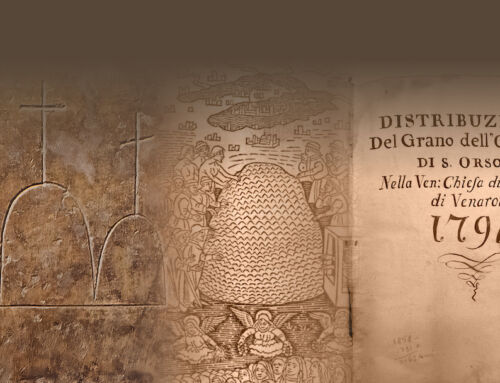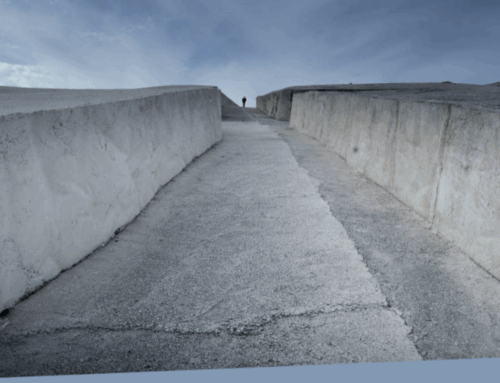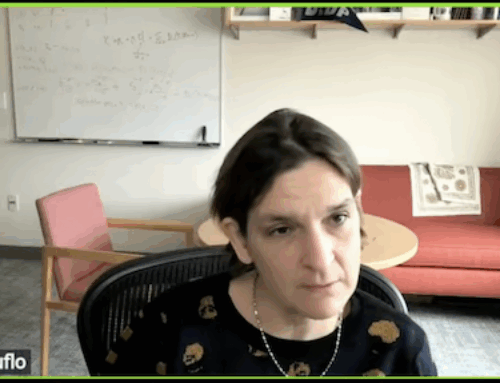Born in Rio de Janeiro, Rafael is a musician. A musician? Yes, a musician with a master’s degree in philosophy and theology from the Pontifical Catholic University of Rio de Janeiro. His research focuses on the theology of human rights and on systematic theology. He is currently completing a Licentiate in Theology at the Philosophisch-Theologische Hochschule Sankt Georgen in Frankfurt. In The Economy of Francesco, to build a fair and ethical economy, Rafael found an echo in his academic and religious trajectory. This call led him to make this contribution:
Access to energy as a human right
by Rafael da Silva Sampaio
(ENGLISH TEXT ONLY)
Electric energy has enabled since the invention of the electric light bulb a remarkable human development and many people across the world take access to it as granted. However, not everyone has access to electricity in our common home, where approximately one billion people, mostly in Sub-Saharan Africa and South Asia, lack access to electricity (1).
Electric energy powers devices that facilitate our daily life and promote social and economic development such as electric light, computers, mobile phones or trains. Other electrical appliances, such as electric stoves, could even save the four million premature deaths each year (2) caused by household air pollution from cooking with traditional fuels; it would also help protect the natural environment as up to 34% of wood fuel harvested in sub-Saharan Africa is unsustainable, contributing to forest degradation, greenhouse gas emissions and global warming.

Electricity has become an essential part of our lives reducing poverty while also improving health and sustainability.
A generalized lack of access to electricity in wide regions of the world confronts the principles outlined in the Declaration of Human Rights promoting an “adequate standard of living to promote health and well-being of himself and of his family” (3).
The social implications of lack of energy access can be understood from a theological, philosophical as well as from a geopolitical perspective:
From a theological point of view, lack of access to energy degrades human dignity which is considered a gift of God to every man and woman. As an image of God (Gn 1,26) every human being is precious and as such its dignity needs to be respected and promoted. Access to energy can thus be considered a human right applicable to the entire humanity. Given the current development or renewable power and battery storage technologies which currently presents lower costs than conventional power sources (4), this consideration does not necessarily enter into conflict with the preservation of nature, god’s creation which we are all called to protect (5).
From a philosophical point of view,the lack of access to electricity becomes a restriction on people’s freedom, human development and self-determination. The access to electrical energy is nowadays essential to many activities such as education and finding multiple sources of information, without access to electricity how can students to either read read the blackboard at school or do homework in the evening, it is also essential for public participation, how could otherwise how can people in rural areas be informed etc. These points are directly connected to liberal philosophical thinking, which has strongly influenced the conception and grounds of human rights.
From a geopolitical perspective, the exclusive use of energy technology or sources can also become a geopolitical issue, restricting the development of people and also in some cases causing or reinforcing the domination of one country over another to the point of becoming an instrument of intrusion in other countries’ sovereignty. Consider One clear example is the geopolitical power that oil and gas exporting nations or the power of technology advanced nations have in other countries.
(1) Source: World Bank.
(2) Cooking with solid fuels is estimated by the WHO to cause over four million premature deaths per year.
(3) Universal Declaration of Human Rights. United Nations General Assembly, 1948.
(4) Scale-up of Solar and Wind Puts Existing Coal, Gas at Risk, 2020, BloombergNEF.
(5) Encyclical Letter Laudato Si’ of the Holy Father Francis on Care for our Common Home.










